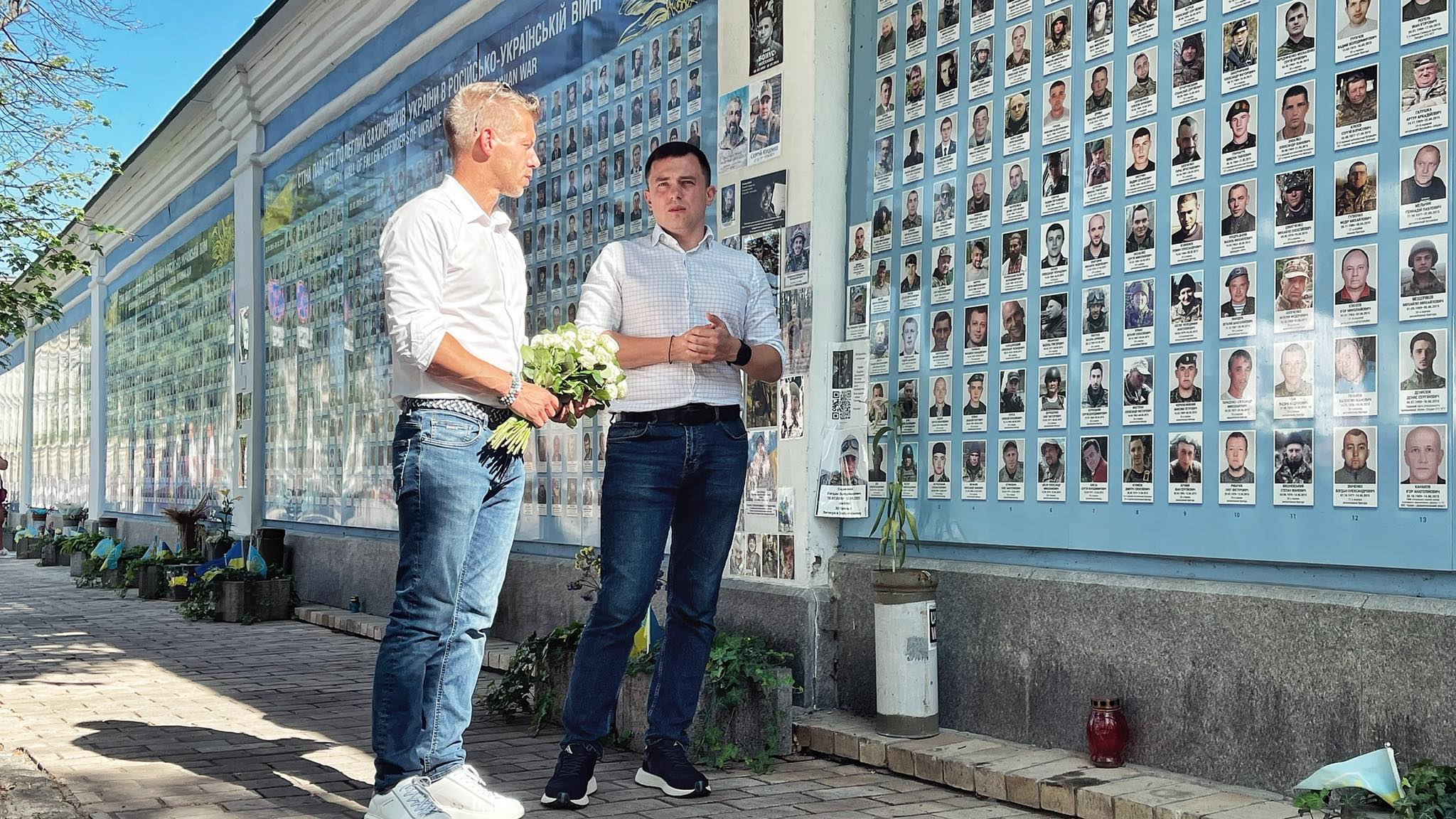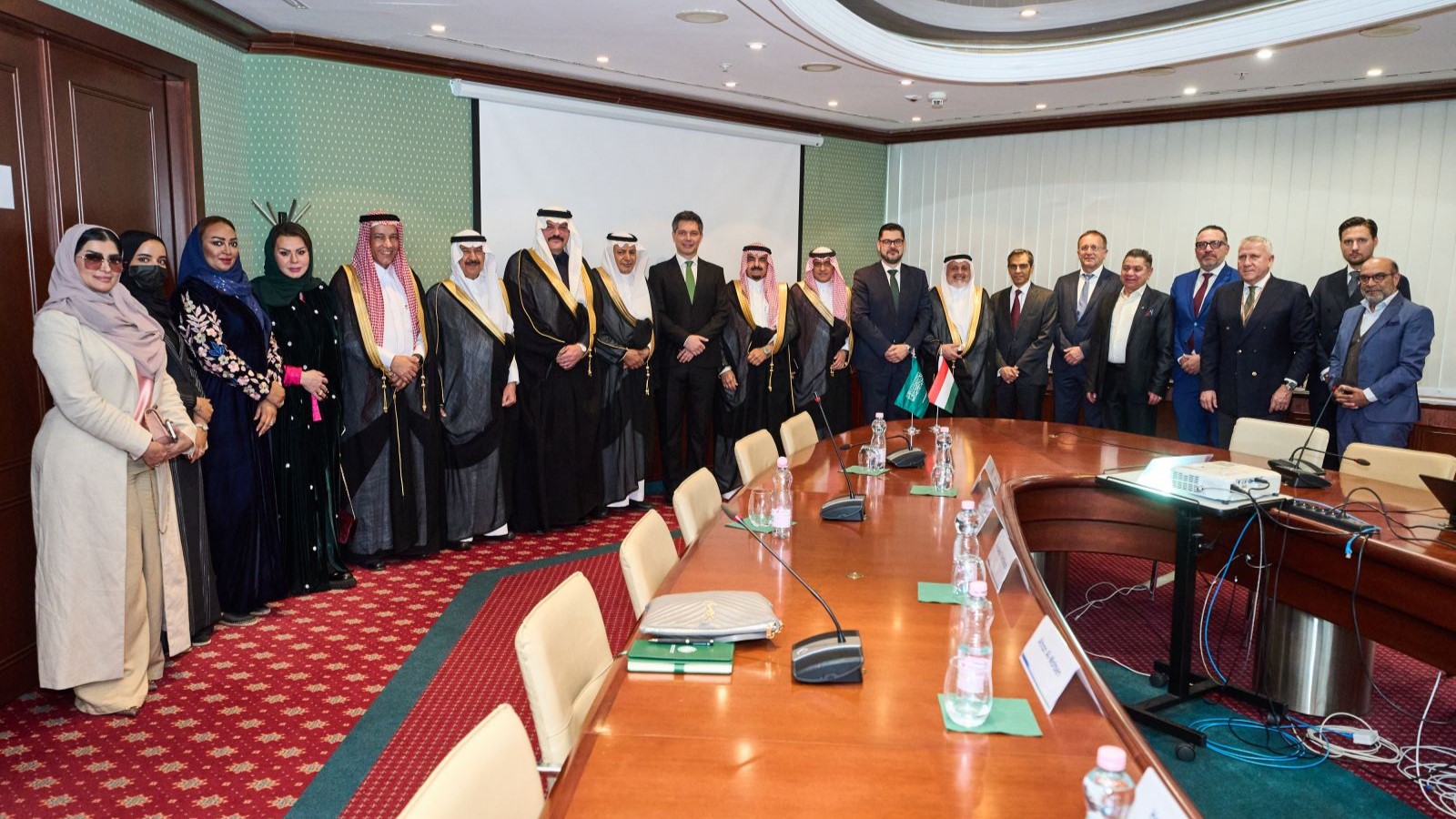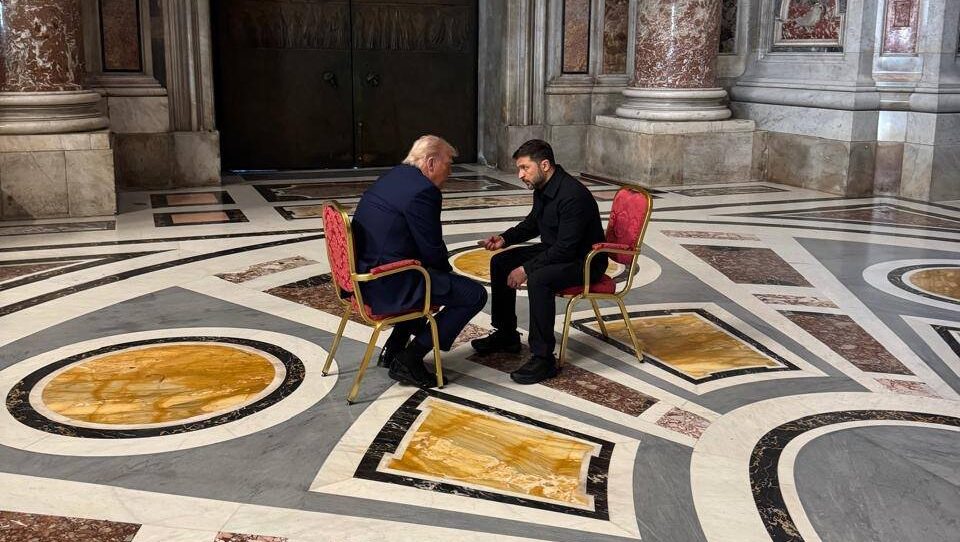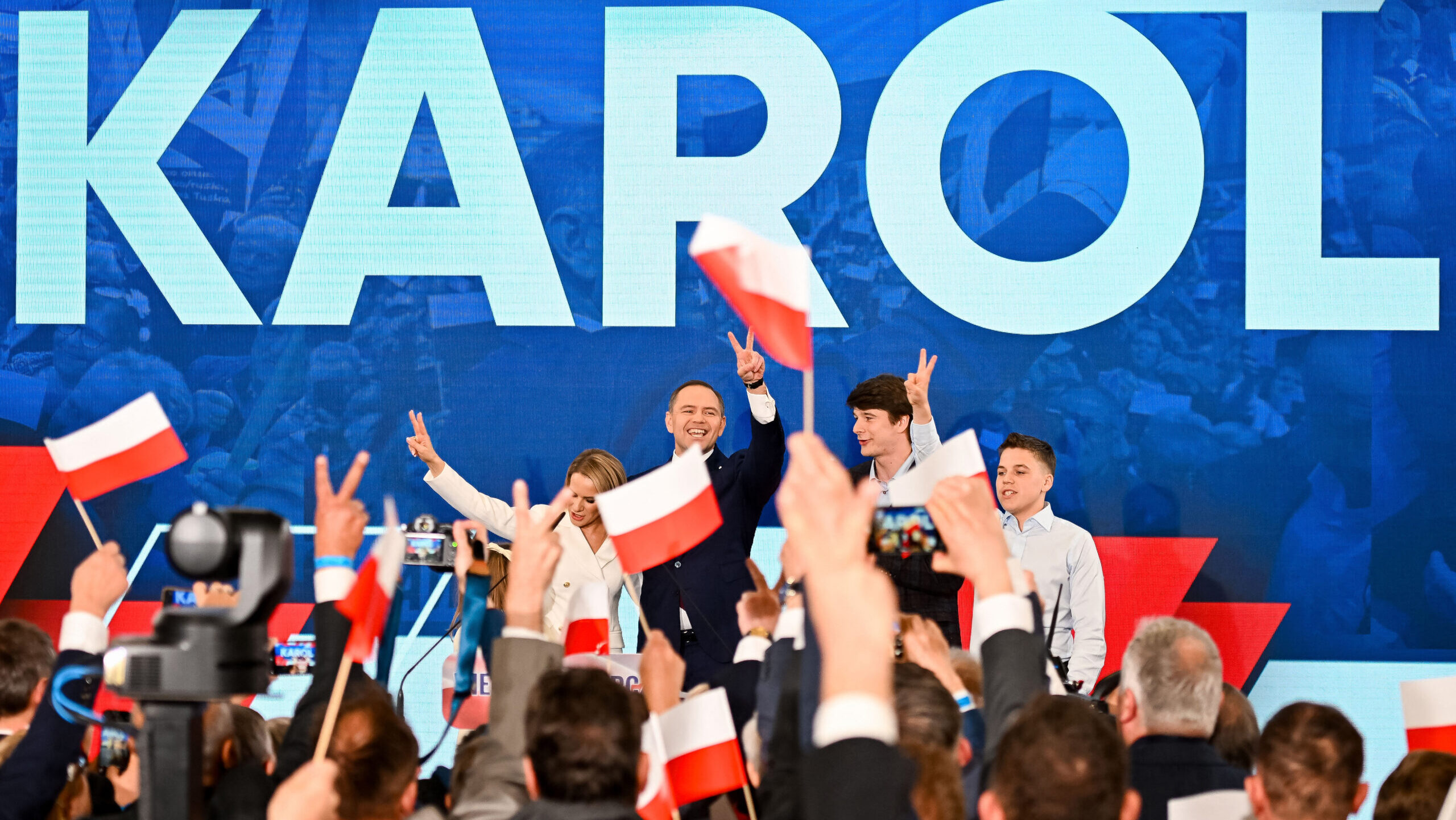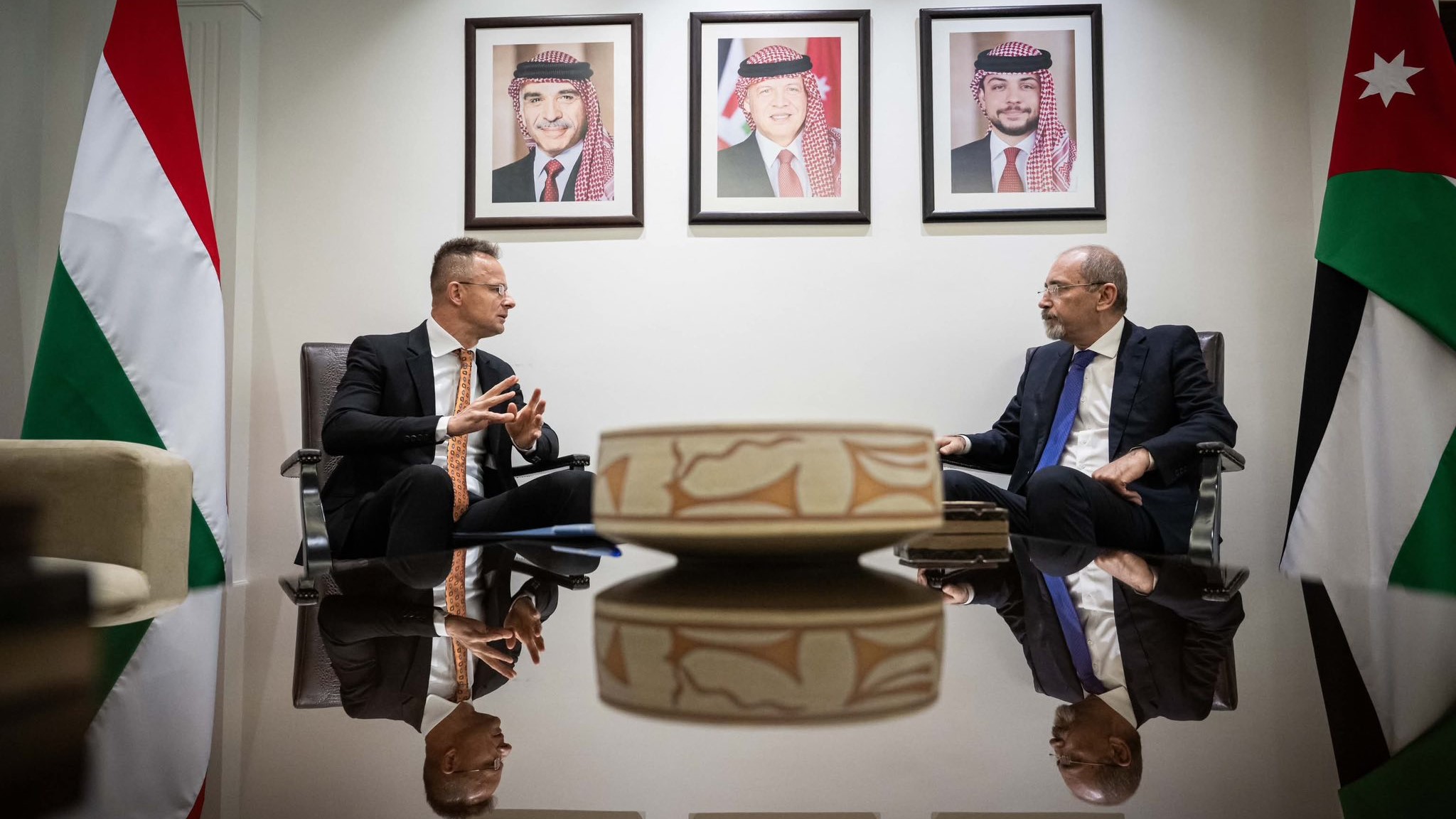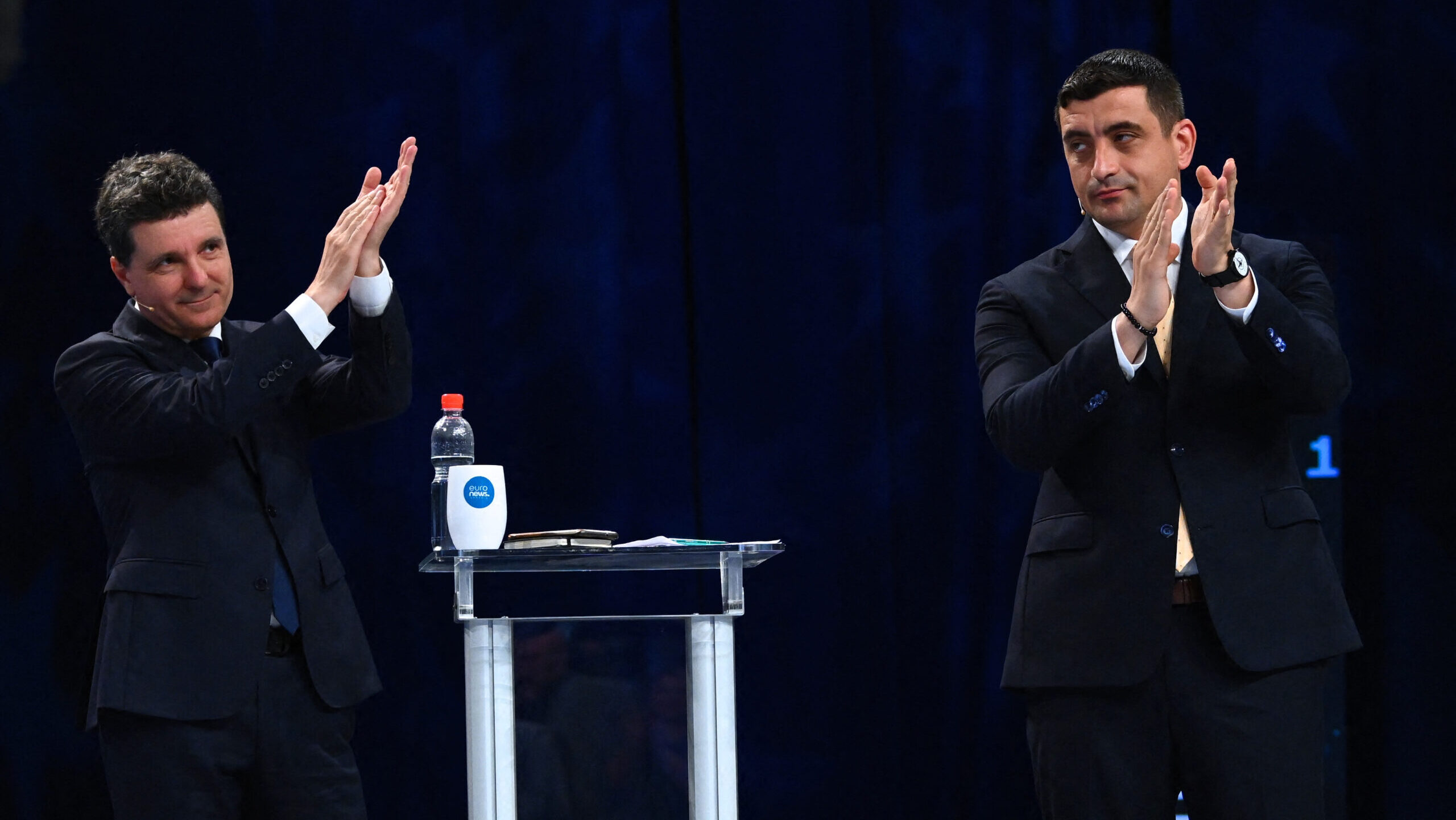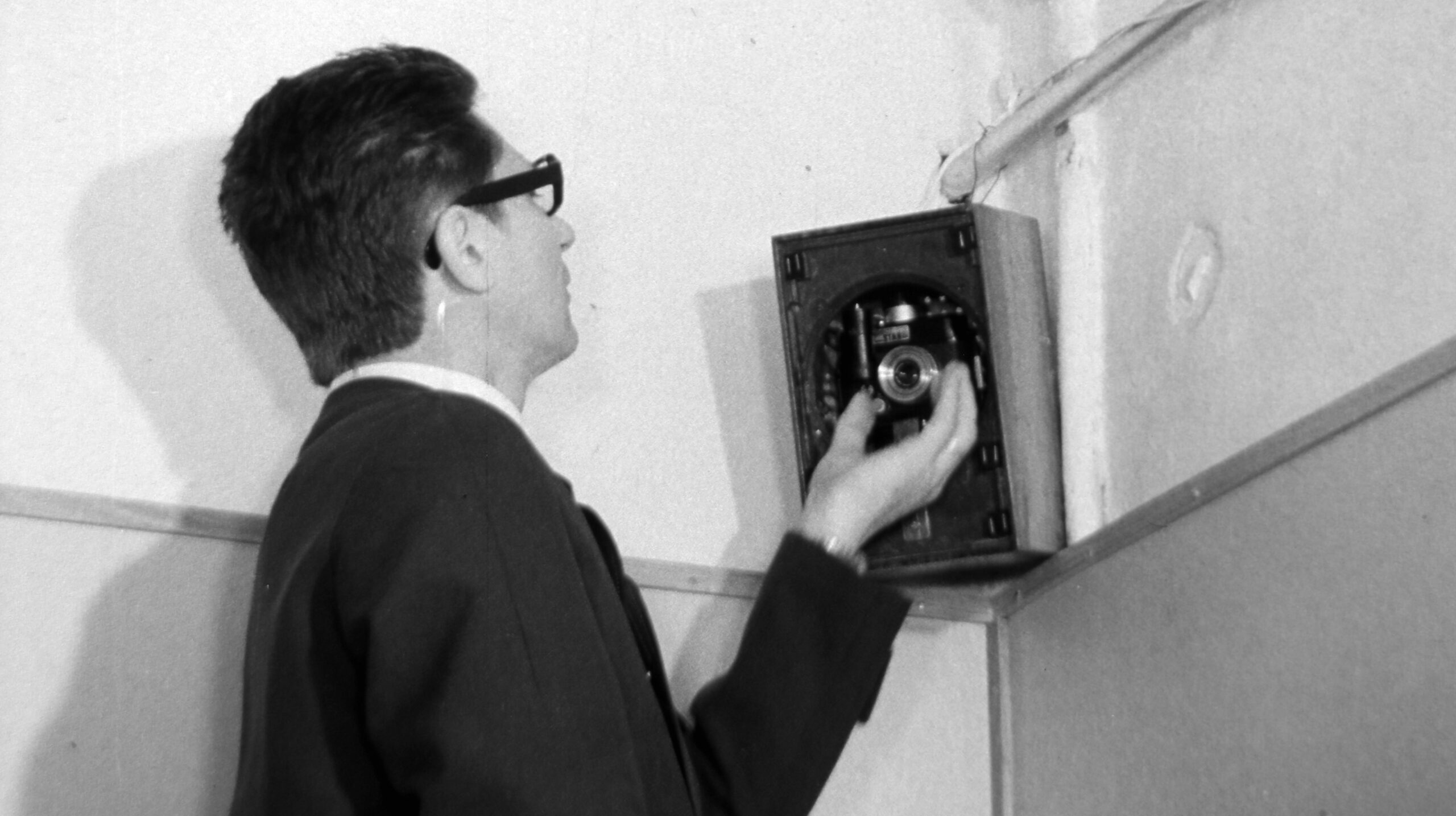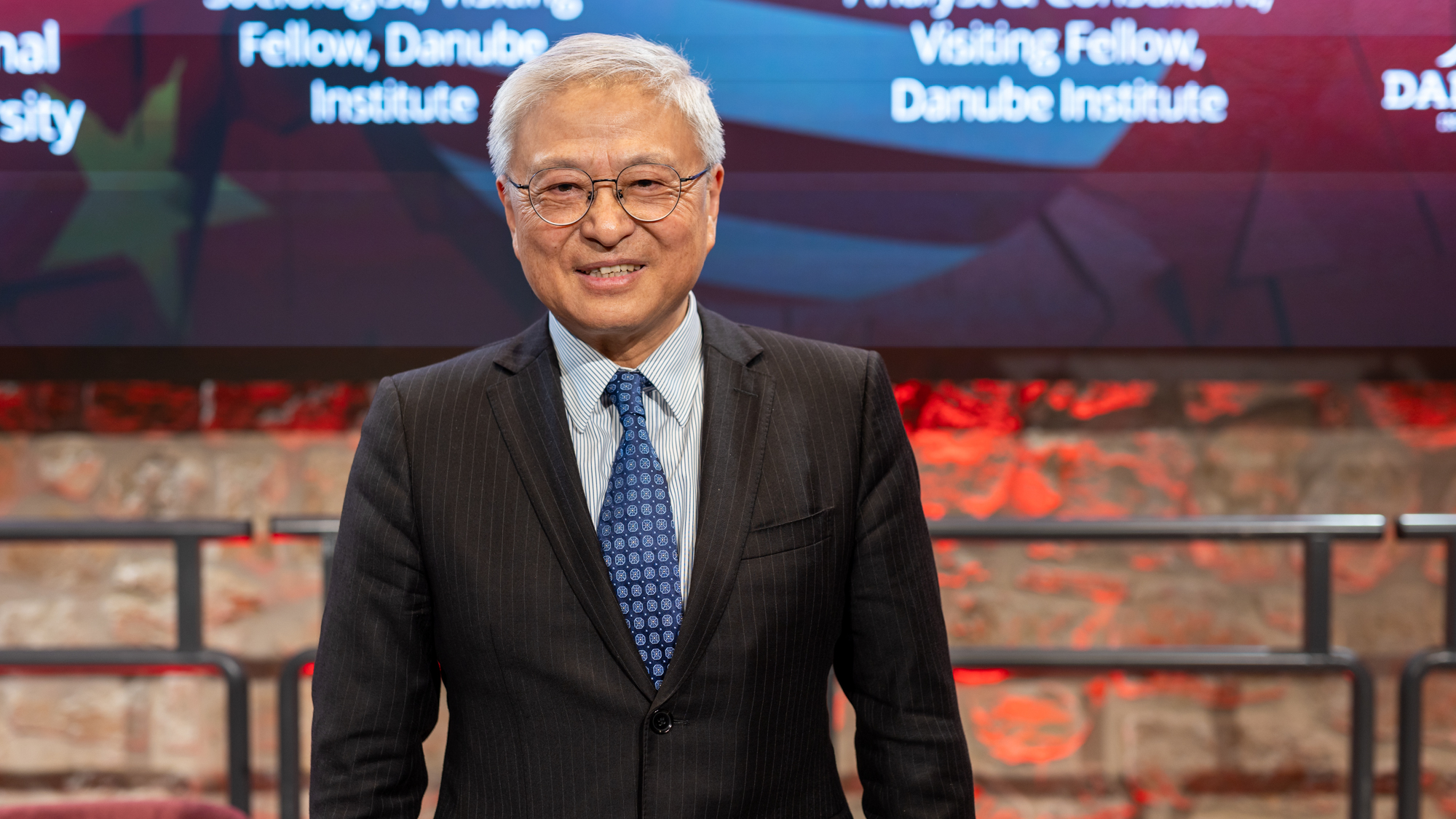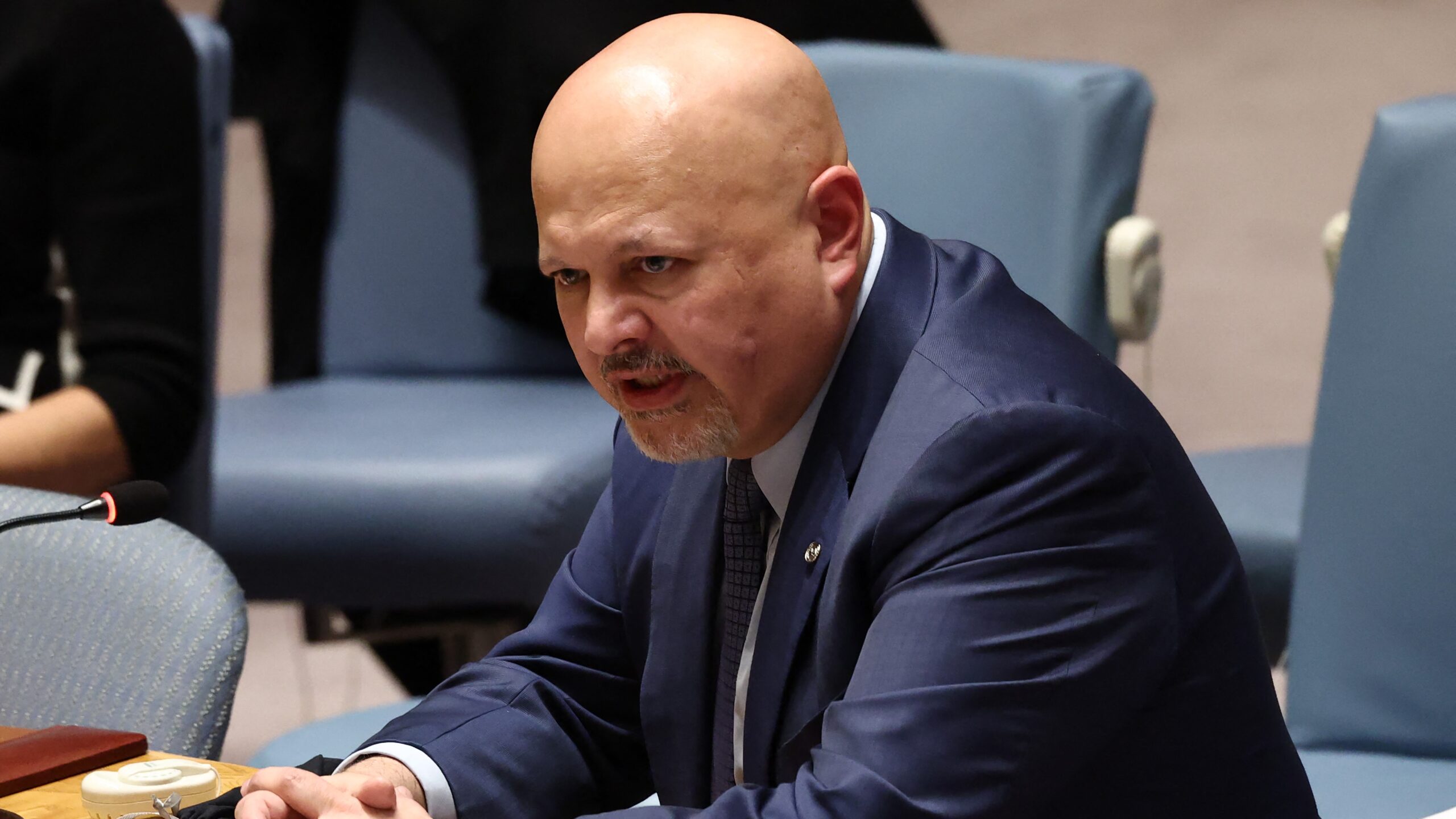
Hungarian Parliament Approves ICC Withdrawal Amid Mounting Criticism of Israel Case
Following a vote by a vast majority, Hungary can now officially withdraw from the International Criminal Court (ICC), whose decision to issue arrest warrants for Israeli political and military leaders is facing growing scrutiny.

